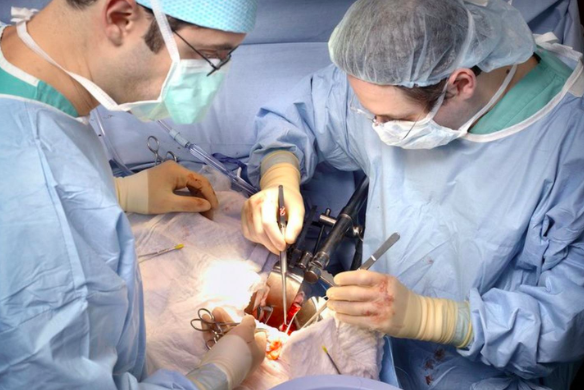
January 10, 2020
 Source/Johns Hopkins University
Source/Johns Hopkins University
Approximately 95,000 people are on the annual list of kidney disease patients waiting for donor organs. Researchers at Johns Hopkins University School of Medicine say too many kidneys are being rejected for transplant despite evidence that many of them would be viable organs.
As the United States seeks ways to serve more patients in need of kidney transplants, a new study reveals organs long considered unfit for transplantation are in fact safe and should be harvested, Johns Hopkins University researchers announced.
Results of a long-term study published this month in JAMA Network Open demonstrates that harvested kidneys with acute kidney injury have similar rates of transplant success as fully healthy kidneys.
Acute kidney injury – or AKI – describes the sudden onset of kidney failure or damage, usually brought on by medical or surgical stress and complications. These kidneys typically are still evaluated for transplants in patients with end-stage renal disease, but they are often rejected despite growing evidence that they are viable.
Johns Hopkins researchers, building on a previous study, examined records and outcomes for more than 25,000 patients who received kidneys harvested from deceased donors. About half of the organs were had acute kidney injuries, and the other half were deemed to be of more optimal health for transplants.
To control for donor variables, each AKI kidney was matched with a non-AKI kidney to analyze results based on similar characteristics among donors.
Transplant recipients were followed for four to six years after their surgeries to monitor results.
"We found that deceased-donor AKI had no association with either short-term or long-term survival of the organ, strongly supporting our idea that kidneys with AKI should be actively harvested and transplanted," said Chirag Parikh, director of the Division of Nephrology at Johns Hopkins School of Medicine and senior author of the study.
The findings could prompt a shift in how donor kidneys are assessed. Currently, the national discard rate for all potential donor kidneys is approximately 18%. For AKI kidneys, it's closer to 30%.
With about 95,000 people in need of kidney transplants each year, the Trump administration established the Advancing American Kidney Health initiative to develop strategies to reduce the shortage of donor kidneys. Findings from the current study could raise the supply of available kidneys by hundreds each year.
"We are urging the transplant community to bring AKI kidneys into the donor pool with more confidence," Parikh said.